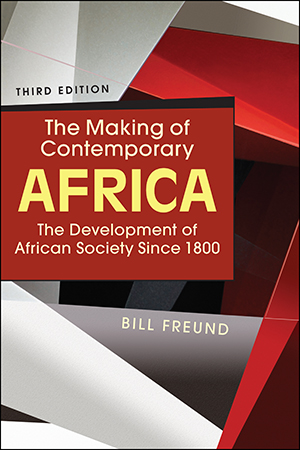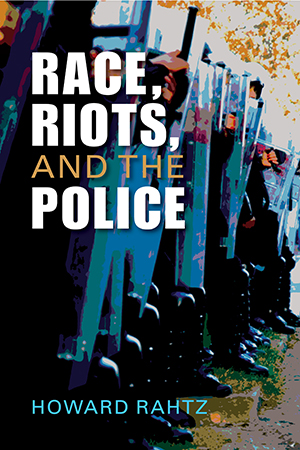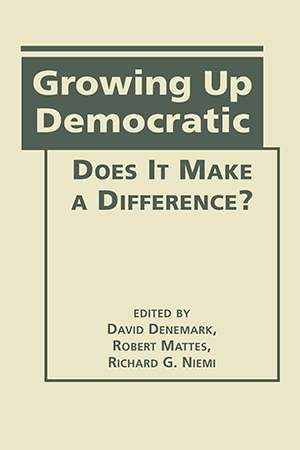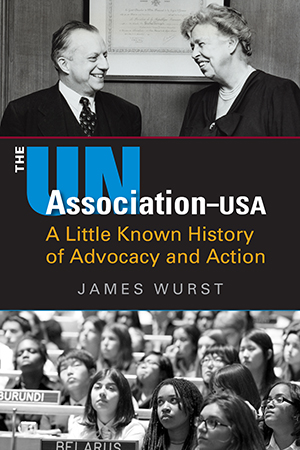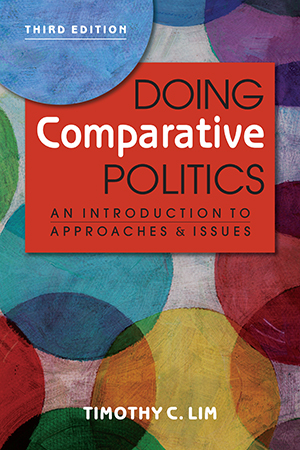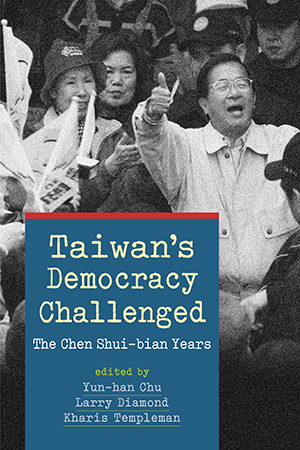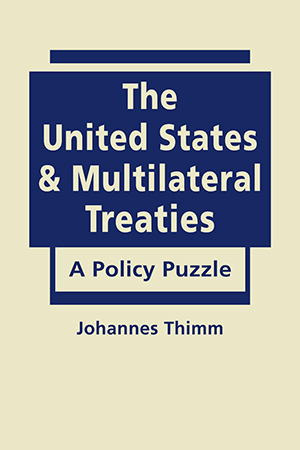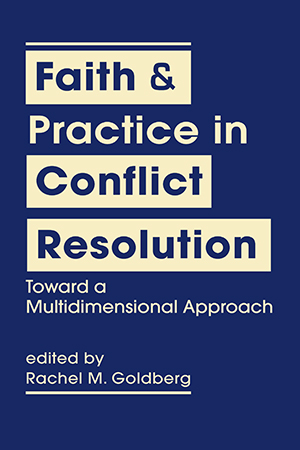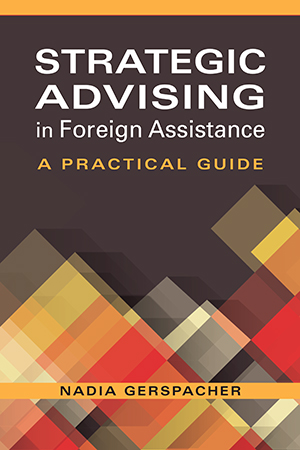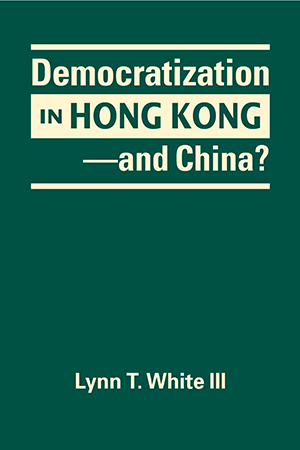BOOKS
This comprehensive yet accessible text critically traces the complex trajectory of African society, culture, economy, and politics across more than two centuries. Appearing nearly two More >
Reflected almost daily in headlines, the enormous rift between the police and the communities they serve—especially African American communities—remains one of the major More >
What explains differing levels of support for democracy in postauthoritarian countries? Do young people value democracy simply because they have grown up with it? Or do older generations, More >
Little known outside a small community of insiders, the United Nations Association–USA has had an impact on both the UN and the US-UN relationship far greater than its size would More >
This systematic, user friendly, and refreshingly unusual introduction to comparative politics has not only been updated and refined in the third edition, but also fully revised to reflect More >
When Chen Shui-bian, Taiwan's first non-Kuomintang president, left office in 2008, his tenure was widely considered a disappointment. More recent events, however, suggest the need for a More >
Why is the US so reluctant to join global multilateral treaties, even when those treaties are in line with its own policies? And how does it decide which treaties to ratify? Finding that the More >
What would the work of conflict resolution look like if practitioners not only recognized that it is impossible for them to be neutral—and that there are dangers in believing More >
Though advisers to host governments have become an integral part of foreign-assistance efforts in the realms of both development and peace processes, there has been scant information on how More >
Hong Kong and its relationship with China make for a uniquely intriguing study in democratization. What has hindered or caused greater popular sovereignty in Hong Kong? Over what time period More >



